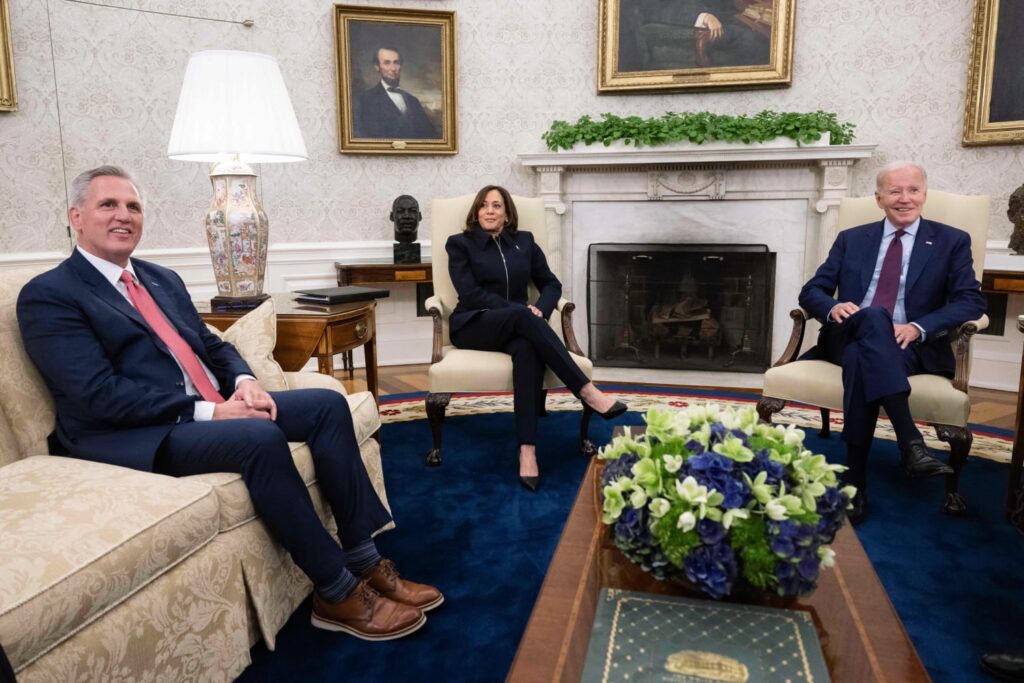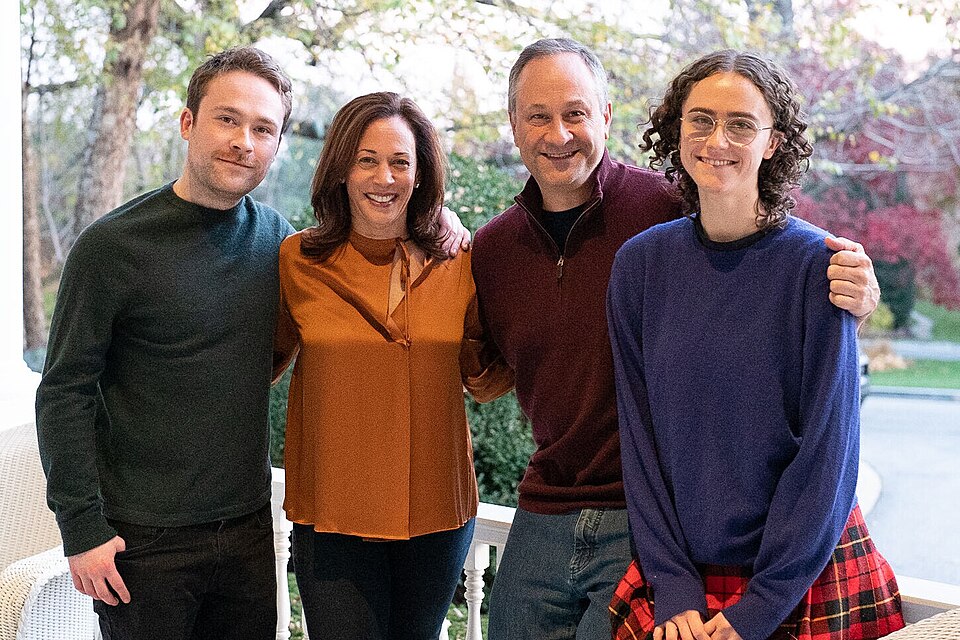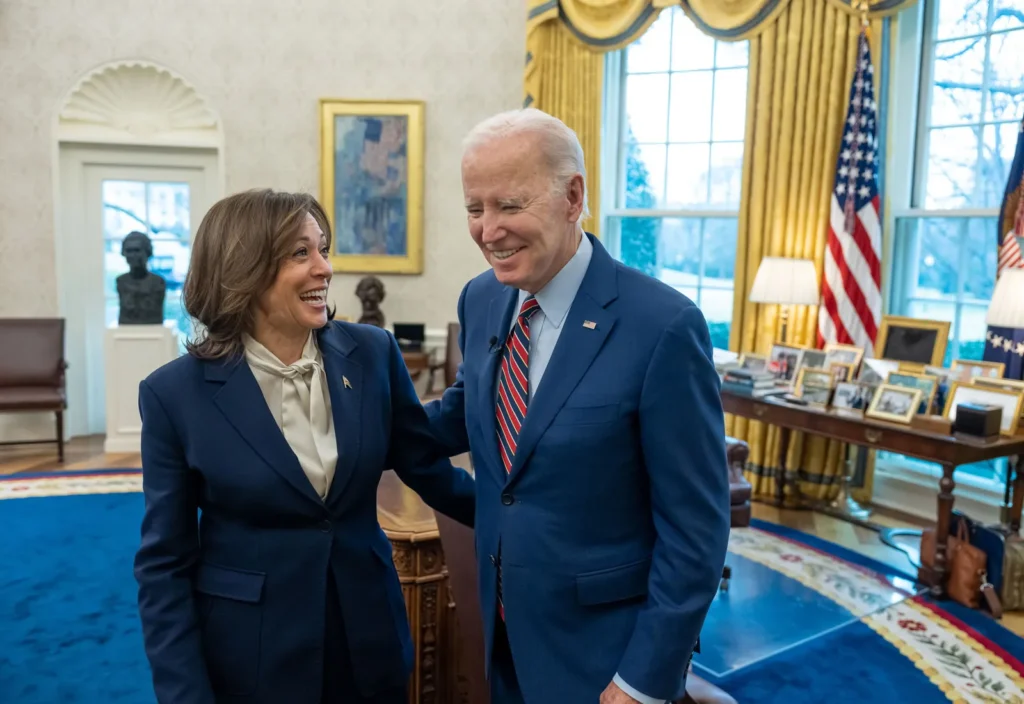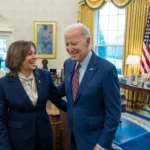Introduction
Behind every remarkable leader lies a story shaped by heritage, struggle, and values instilled from the earliest days. In the case of Kamala Devi Harris, the first female Vice President of the United States, much of her identity and character can be traced back to two extraordinary individuals: her parents.
Shyamala Gopalan, a pioneering breast cancer researcher from India, and Donald Jasper Harris, a brilliant economist from Jamaica, were not just immigrants pursuing the American dream. They were intellectuals, activists, and fearless individuals who carved their own paths and passed on a fierce sense of purpose to their daughters.
This article explores the rich lives of Kamala Harris’s parents—not as footnotes in her story, but as central figures who helped shape the trajectory of American political history.
Shyamala Gopalan Harris: A Woman Ahead of Her Time
Early Life in India
Born in 1938 in Chennai (then Madras), India, Shyamala Gopalan grew up in a Tamil Brahmin family with progressive ideals. Her father was a senior civil servant, and her mother a passionate advocate for women’s education. Even in a society deeply rooted in tradition, Shyamala stood out from a young age. She was determined, intellectually curious, and always drawn toward science and justice.
Coming to America Alone
At just 19, Shyamala defied convention. She applied to and was accepted by the University of California, Berkeley to study nutrition and endocrinology. In 1958, she moved to the U.S. alone—without family, without connections, and against the common expectations for young Indian women at the time.
In Berkeley, she immersed herself in research while absorbing the growing civil rights movement. Her dedication to both science and social justice would become defining pillars of her life.
Academic Excellence and Advocacy
Shyamala earned a Ph.D. in nutrition and endocrinology. Her research on the progesterone receptor gene contributed major advances in breast cancer studies, becoming the foundation for further hormonal therapies.
Yet her contribution extended far beyond laboratories. Shyamala became an active participant in civil rights marches and student movements in the 1960s, often standing side by side with Black and minority activists who were demanding equality in the United States.

Donald J. Harris: A Voice from the Caribbean
Roots in Jamaica
Donald Harris was born in 1938 in Saint Ann Parish, Jamaica. He grew up in a family that valued education as a path to dignity and self-respect. His mother was a schoolteacher, and his father managed a sugarcane plantation.
Donald excelled academically from a young age, attending Jamaica’s prestigious University College of the West Indies. His deep interest in economics, combined with a desire to understand inequality, led him to pursue further studies abroad.
Becoming a Scholar in the U.S.
In the early 1960s, Donald received a scholarship to pursue a Ph.D. in economics at UC Berkeley. There, he became a part of a vibrant community of Caribbean, African American, and African intellectuals exploring Marxism, civil rights, and global liberation movements.
He would eventually become a pioneering economist, publishing research on the intersections of capitalism, race, and development. Donald later became the first Black man to receive tenure at Stanford University’s Department of Economics.
Meeting of Minds and Ideals
It was on the politically charged campus of UC Berkeley in the early 1960s that Shyamala and Donald met—brought together by shared ideals, intellectual chemistry, and a passion for justice.
Their bond grew through participation in civil rights protests, study groups, and cultural events. Despite coming from vastly different continents and cultures, their shared vision for a better, more equal world formed the foundation of their love.
They married in 1963, at a time when interracial marriage was still controversial and even illegal in many parts of the United States.
Raising Children with Purpose
Shyamala and Donald had two daughters: Kamala, born in 1964, and Maya, born in 1967. Their home was filled with books, political discussions, Indian food, Caribbean music, and stories of revolutionaries and freedom fighters.
The Value of Identity
Shyamala was particularly mindful of raising her daughters as strong Black women, fully aware of the world they would grow up in. Although she proudly passed down Indian traditions—cooking South Indian dishes, attending Hindu temples, and visiting family in Chennai—she understood that in America, her daughters would often be seen through the lens of race.
She once said:
“I knew that if they were to be treated as Black in America, then that’s what I was going to raise them to be.”
Immersed in Activism
As children, Kamala and Maya attended civil rights marches, stood on picket lines, and listened to political speeches from their stroller seats. They witnessed firsthand the urgency of fighting for justice.
Their home welcomed activists, scholars, artists, and thinkers. They were surrounded by role models who showed them that change was not only possible—it was necessary.

Separation and Single Motherhood
Shyamala and Donald divorced when Kamala was around seven years old. The separation, though challenging, did not weaken the strength of their parenting.
Shyamala gained custody and raised the girls primarily on her own. As a single mother, she balanced a demanding scientific career while nurturing two daughters to be independent, confident, and civically engaged.
Though Donald lived and worked elsewhere after the divorce, he maintained a relationship with Kamala and Maya, especially through holiday visits and trips to Jamaica. He continued to emphasize pride in their Caribbean heritage.
A Global Upbringing
In the late 1970s, Shyamala took a research position in Montreal, Canada. Kamala spent her teenage years there, attending a French-speaking public high school and experiencing life in yet another culture.
She later said these years shaped her resilience, adaptability, and ability to move between worlds. Whether it was in Black churches in Oakland, Hindu temples in Chennai, or classrooms in Montreal, Kamala Harris learned early on to honor every part of who she was.
Legacy of Shyamala Gopalan
Shyamala passed away in 2009 after a battle with colon cancer. Kamala has often said that her mother remains the most profound influence in her life.
Shyamala never sought recognition, yet her legacy lives on—not only through Kamala’s historic rise but through her work as a scientist, her activism, and the example she set as a single, immigrant mother who fought for both knowledge and justice.
Kamala often invokes her mother’s name in speeches, saying:
“My mother would look at me and say, ‘Kamala, you may be the first to do many things—but make sure you are not the last.’”
Legacy of Donald J. Harris
Donald Harris is now retired and lives a quiet life. He has expressed pride in his daughter’s achievements but prefers to stay out of the public spotlight.
As a scholar, his writings remain influential in the field of development economics. He has spoken occasionally about his family, emphasizing the importance of maintaining cultural identity and academic integrity.
While the media has focused more on Kamala’s relationship with her mother, the intellectual drive, confidence, and clarity Kamala demonstrates clearly carry echoes of her father’s influence as well.
A Fusion of Worlds
Kamala Harris’s parents represent two powerful, distinct legacies—one Indian, one Jamaican. But it is not their individual brilliance alone that stands out. It is how they blended their worlds to raise children rooted in empathy, intellect, identity, and courage.
Kamala’s story is uniquely American—but also deeply global. It is a testament to the power of immigrants, of multicultural heritage, and of the quiet determination passed from one generation to the next.
Her rise to the Vice Presidency of the United States is not just a personal milestone—it is an embodiment of her parents’ lifelong struggles and dreams.

Conclusion
The story of Shyamala Gopalan and Donald J. Harris is not simply the backstory of a Vice President. It is a powerful narrative in its own right—a story of bold choices, of crossing oceans, of challenging systems, and of raising daughters to be changemakers.
Their legacy reminds us that greatness does not emerge in isolation. It is nurtured in homes filled with love, books, purpose, and the courage to speak up. Kamala Harris carries her parents with her—not just in name, but in every decision, every speech, and every boundary she breaks.
In honoring them, we understand her better. And in understanding them, we see a broader story of migration, identity, and the universal desire to make the world more just.







